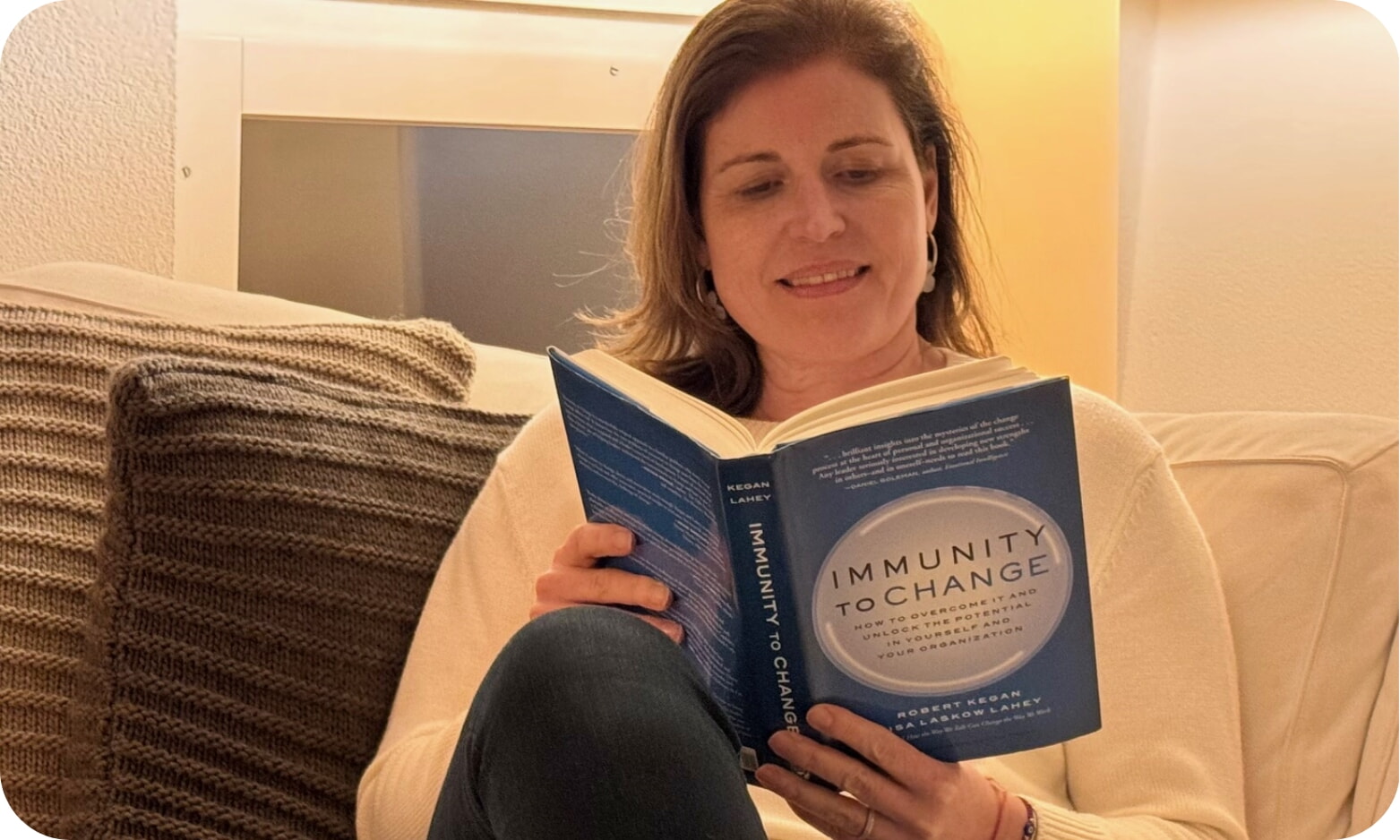Strategic Self-Awareness – Know Yourself!
Many of us have experienced how self-perception and others’ perceptions can differ: we leave a meeting thinking it could have gone better – only to receive enthusiastic positive feedback. Or we prepare thoroughly for a meeting, feeling confident, and suddenly everything turns out differently than expected. But what exactly does self-awareness have to do with success?
Date: 7. October 2025
Author: Julia Reimann
Categories: Personality, Personality Assessments, Insights, metaLecture

Strategic Self-Awareness – Know Yourself!
In our daily work, we repeatedly see how much of a difference it makes when someone is self-aware—that is, when they clearly see themselves, understand who they are, and how they fit into the world around them. This is how Dr. Tasha Eurich defines strategic self-awareness in her book Insight. It also means recognizing our own limits and understanding what we need to change to become more content and effective. The good news: according to Eurich, self-awareness is a surprisingly trainable ability.
The Benefits of Strategic Self-Awareness
The better we know ourselves, the more effectively we can respond to change. The clearer we are about who we are and what our goals are, the faster we can identify relevant information and adjust our behavior accordingly. Great leadership begins with self-leadership, and strategic self-awareness is the foundation for good self-management. Moreover, people with a high degree of self-awareness tend to be:
- more confident and creative
- better decision-makers
- able to build stronger partnerships
- more effective communicators
- better leaders with happier employees and more profitable organizations
How Do We Develop More Self-Awareness?
It’s interesting to look at the kinds of self-awareness that exist. According to one of Dr. Eurich’s studies, only 10–15% of participants actually met the criteria for high self-awareness—compared to 80% who believed they did. In one of her articles, Tasha Eurich distinguishes between two types of self-awareness: internal and external self-awareness.
- Internal self-awareness refers to how well we understand our own values, passions, aspirations, fit with our environment, and reactions.
- External self-awareness is understanding how others see us.
Surprisingly, the two types are not directly linked.
Depending on how developed these two forms are, we can identify different self-awareness types. For example, someone with both high internal and external self-awareness (the aware type) knows who they are, what they stand for, what they want to achieve, and values others’ perspectives. Conversely, low internal and external self-awareness may lead someone to feel lost or frustrated—perhaps in a job that doesn’t fit them or in relationships that don’t bring happiness.
Techniques to Cultivate Self-Awareness
There are several practical techniques for developing greater self-awareness:
- Zoom in, Zoom out technique: Ask yourself what you’re feeling (zoom in), and how others might experience the same situation—such as the person you’re interacting with (zoom out).
- Seek as much constructive feedback as possible.
- Use 360-degree feedback tools within organizations, or personality assessments like Hogan.
- Practice mindfulness: Be present in the moment without judgment, observe your emotions, and reflect on your actions.
- Recognize your own patterns and consciously choose to respond differently next time.
This journey toward greater self-awareness is what makes self-development truly exciting! Curious to learn more? Read Dr. Tasha Eurich’s full article here.
Sources:Eurich, T. (2017). Insight: Why we’re not as self-aware as we think, and how seeing ourselves clearly helps us succeed at work and in life. Currency.Eurich, T. (2018). What self-awareness really is (and how to cultivate it). Harvard Business Review, 4(4), 1–9.



